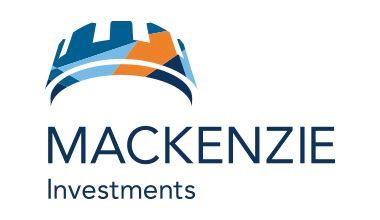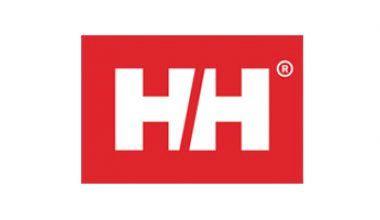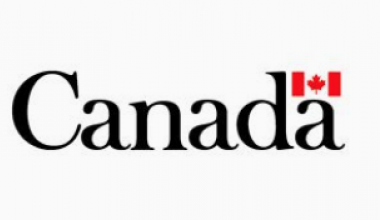Canadian Coach Profile
If you love skiing and want to share your passion with others, becoming a professional ski coach might be the perfect career for you. In this section, we will introduce you to some of the best ski coaches in Canada, who have trained and mentored many successful ski racers. You will learn about their pathway, backgrounds, achievements, tips and advice on how to become a ski coach yourself. Whether you want to work with beginners, intermediate or advanced skiers, there is a place for you in the Canadian ski coaching community. Read on and get inspired by these amazing stories!
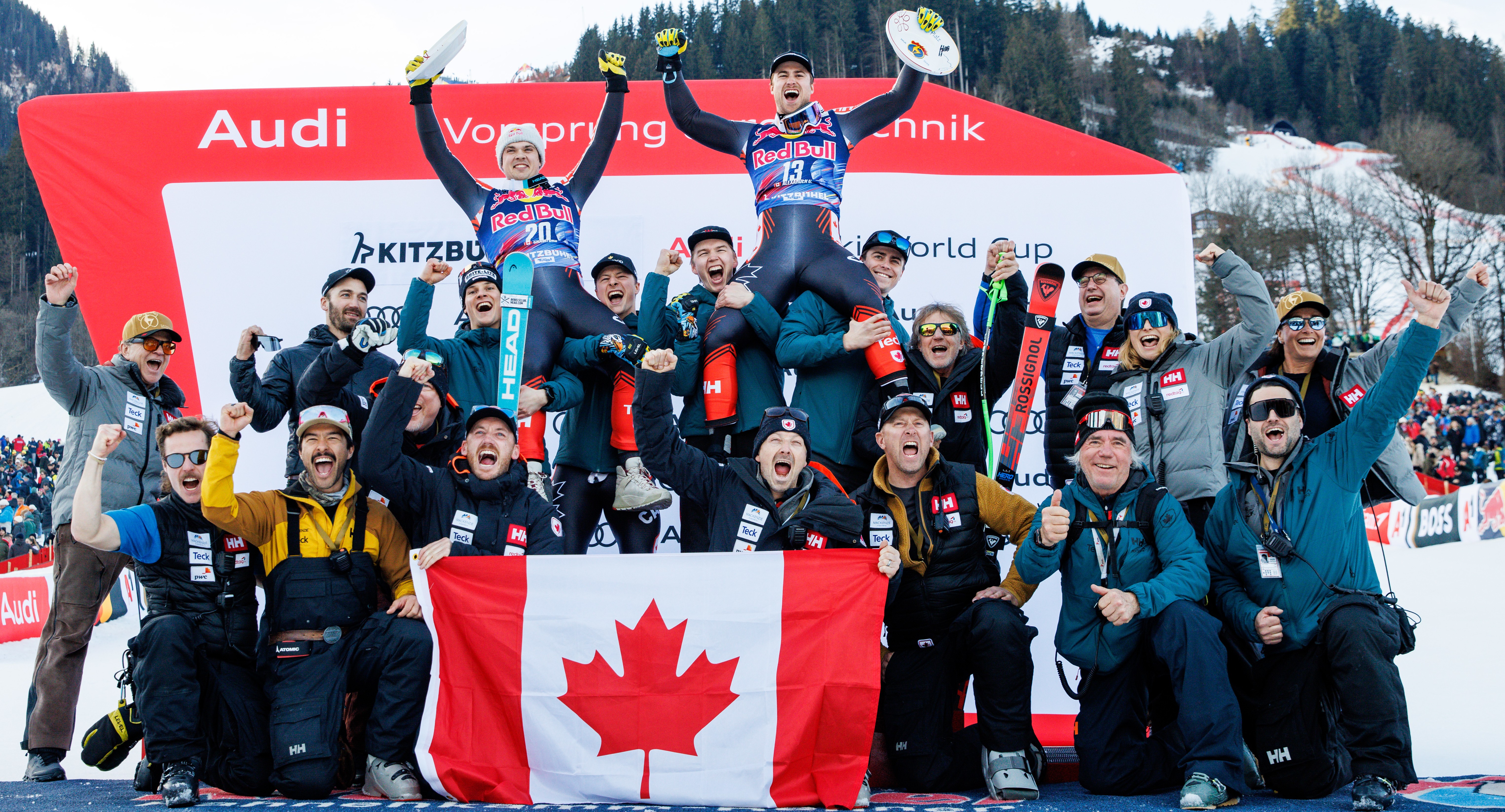
- Conrad Pridy
- Jay Keddy
- Mary Beth Hemphill
- Marie-Ève Boulianne
- Francis Royal
- Kya Fairley
- Will Marshall
- Chris Powers
Conrad Pridy
Which group are you working with and what is your main role?
CAST Men’s Speed Team - Assistant Coach, Lead Strength & Conditioning Coach
Which ski club are you from?
Whistler Mountain Ski Club
How many years have you been coaching & tell us about your coaching pathway, teams/age groups you have worked with?
This is my 9th year coaching. I started with the British Ski Academy, based in Europe, coaching U16 and FIS. After that I worked at my home club in Whistler as the FIS Head Coach before making the step to my current role.
Do you have a ski racing background?
Yes, I raced World Cup speed with the Canadian Team for 4 seasons.
Do you have a coach mentor(s)? If yes, who and what have you learned from them?
My main mentors were Kip Harrington and Mark Tilston. I learned a lot about the value of organization and how, regardless of the actual level, a high-performance oriented environment makes everyone better (not just the ‘faster’ athletes).
What is your academic and speciic ski coaching education?
High school graduate, elite-level sport experience, PL-Certified, currently enrolled in the HPCTL certificate course at UBC.
How would you describe your coaching philosophy?
‘You are here for a reason’ I believe in encouraging the heart and leading by example. Showing the value and benefits to high-performance habits and attitude regardless of results or sport specific ability.
What is your proudest achievement as a coach?
No single moment stands out, but I am most proud when athletes I have coached in the past reach out to share achievements or ongoing habits they developed when we worked together.
What would you say to a young coach that wants to become a career ski coach?
Be honest and be yourself. Real coaching is creating a productive and positive environment that promotes learning. That’s only sustainable if you’re comfortable being yourself first.
Who is your favourite ski racer of all times and why?
Morgan Pridy because not only did he always push me to be better, he showed me what being an elite athlete and competitor really looked like.
How would you describe your current group of athletes in one word?
Gentlemen
What is your name?
Jay Keddy
Which group are you working with and what is your main role?
Women's World Cup GS-SG group Assistant coach
Which ski club are you from?
Crabbe Mountain, NB.
How many years have you been coaching & tell us about your coaching pathway, teams/age groups you have worked with?
Started coaching in 1992 at Crabbe mtn. 9-12 yrs old. 1996-98 Lake Louise fis team, 1999-2004 NSA AND 2004-present ACA. Began as dryland coach and sl/gs assistant coach.
Do you have a ski racing background?
Grew up racing local Atlantic and New England fis races. Multi sport training with cycling and tennis in summers.
Do you have a coach mentor(s)? If yes, who and what have you learned from them?
First coaches were Richard Willis and Claude Marquis and later with Alpine Canada Jim Pollock and Mark Sharp. I was never the most talented so I had to really focus and work hard to improve. Coaching wise it was about clear and calm communication with the end goal always in view and being adaptable.
What is your academic and specific ski coaching education?
University of New Brunswick kinesiology degree and athletic therapy training, Alpine CSCF level 4 International, CSIA 2 and CAC ChPC cert.
How would you describe your coaching philosophy?
I've learned that the athletes are very hard on themselves already, so being positive and always encouraging them to move forward and focus on the next step is important. Process/solution focused.
What is your proudest achievement as a coach?
Many podiums over the last 20 yrs but representing Canada at the Olympics in Canada (2010) was the best part.
What would you say to a young coach that wants to become a career ski coach?
It's a long journey. The more you take care of yourself physically and mentally the more enjoyable it will be. You have to have fun as well. Don't give up when the results don't come easily. Always look to learn from teams and coaches from other countries and other sports.
Who is your favourite ski racer of all times and why?
Impossible to name just one.
How would you describe your current group of athletes in one word?
Fire
What is your name?
Mary Beth Hemphill
Which group are you working with and what is your main role?
CAST Women’s Ski Team. I support both the Slalom and GS-Speed group as a Dryland Coach and On-hill Assistant.
Which ski club are you from?
Osler Bluff Ski Club, in Ontario.
How many years have you been coaching & tell us about your coaching pathway, teams/age groups you have worked with?
This is my sixth year coaching Alpine Skiing. I was a Strength & Conditioning and Crossfit Coach for five years before coaching skiing. In 2019, I started ski coaching U14 at Craigleith Ski Club. The following year I was an assistant with the Ontario Men’s and Women’s Ski Teams. After that, I returned to Craigleith Ski Club as the U16 Head Coach. I held that role for three years, along with leading fitness testing and dryland training for the club. In my third season, I lead the Women’s U16 team specifically.
Do you have a ski racing background?
Yes! I grew up racing at Osler Bluff Ski Club, and then raced on the Ontario Development and Ontario Ski Team for five years. I earned a place to ski race in the NCAA at Williams College.
Do you have a coach mentor(s)? If yes, who and what have you learned from them?
I have had a lot of great mentors—I’m super grateful!! Two of my first and most influential mentors are my Ontario Ski Team coaches, Jeff Lackie and Cam Twible. From them, I learned what it looked like and felt like to have exceptional and professional care and programming in our sport. They set the standard for me from the start about how to conduct myself as a coach, and how to demonstrate care for athletes. Katie Twible has also been a strong positive influence in my life. Katie has helped me believe in myself and self-advocate. She also helped me continue to develop my tool kit in terms of environment creation, helping athletes develop. The Cam’s—Cam Stephen and Cam McKenzie included me in everything when we worked together at the PSO level. I learned a lot about what the coaching side of that level of sport looks like, and I am so grateful for their attention to including me. I had a lot of great learning opportunities at Craigleith. I’m grateful to have had my start in ski coaching there. Lastly, I am super grateful to my school mentor, Nick Snow, for being in my corner as I developed into more of a leader this past season.
What is your academic and specific ski coaching education?
I hold my Development Level Certification Coaching level. I completed the University of British Columbia’s High Performance Coaching and Technical Leadership Certificate course. I will receive my designation for this in June of 2025.
How would you describe your coaching philosophy?
Athlete-centred and communicative. I treat athletes first and foremost with respect. I work with athletes to make a plan that works toward their objectives. I try to gear my coaching toward long-term development — “How can I get them ready for what is coming next?” I am honest and as clear as possible in my communication.
What is your proudest achievement as a coach?
Leading a team of 18 U16-age young ladies, and two coaching colleagues last year was a very rewarding experience. We (the staff) worked together to empower the athletes to identify and clarify their team values and culture. It was super cool to see the ladies buy into this process. Because they got on board, we were able to bring a big group of young athletes together in a respectful and supportive way, which is not an easy feat!! I’m also proud of the growth my colleagues demonstrated that year. They crushed it. #TEAMDC
What would you say to a young coach that wants to become a career ski coach?
It’s important to take charge of your own development. Being curious, asking a lot of questions, and spending time critically thinking about your craft are helpful attributes. Lastly, learning through experience, observation, and informal conversations or mentor opportunities are super powerful ways to develop. I recognize that it can feel intimidating to approach other coaches, especially those who are older than you or who work at higher levels than you, to try to learn from them... But in my experience, many coaches are open to sharing if you respect them and their time, and demonstrate that you care and can listen.
Who is your favourite ski racer of all times and why?
(This was really tough to just pick one!!) Tessa Worley—amazing GS skier and tactician. Consistent and long career.
How would you describe your current group of athletes in one word?
(Also super tough to pick just one!!) Resilient
How many years have you been coaching & tell us about your coaching pathway, teams/age groups you have worked with?
Since 2007. 16 years. U-6 to U-14. FIS Club level, NorAM, Europa Cup, WC. Started at the club level in Quebec and Alberta, worked at FIS level, provincial level men and women's side, Development team, FIS/EC European private team and national team.
Do you have a ski racing background?
Yes. I raced until 15 years old.
Do you have a coach mentor(s)? If yes, who and what have you learned from them?
Yes. Different people had played a mentor role in my career. People with advanced experience in ski racing at different levels with different backgrounds (national team coaches, club program director, provincial team coach, etc).
What is your academic and specific ski coaching education?
Academic: Diplôme d'études collégiales en technique de Compatibilité et gestion and Baccalauréat en Intervention sportive (Université Laval) profile coaching.
Coaching education : ACA Performance Level coach, NCCP Level 3, Reconditioning Level 1, continued education related to sport science, management, etc
How would you describe your coaching philosophy?
Teach, guide and support for the development of an athlete's autonomy. Give your best every day and make your best better! Alone you go fast, but together you go far! Listen to the athletes to understand them better. Coaching should be a two-way interaction between coach and athlete (not one way only). Reaching for excellence is the pursuit of the best self in all aspects: technically, physically, mentally, tactically, etc. The reason for being of the sport is being a tool for human development and growth.[JR1]
What is your most proud achievement as a coach?
When the athletes succeed in reaching their biggest goals that seemed impossible especially when the process has been challenging.
What would be your feedback to a young coach that wants to become a career ski coach?
You can learn from anybody. Get to know you and your strengths and challenge yourself in the desire to growth with every opportunity. Invest yourself in projects you believe. Act with purpose.
Who is your favourite ski racer of all times and why?
Aksel Lund Svindal. For me he is the definition of excellence. Because of his skiing performances, but also through his human being. Always on top of his art even after multiple setbacks and always there to help and work with his teammates and the newcomers to reach the top with him.
What is one word that would describe your current group of athletes?
Energy!
How many years have you been coaching & tell us about your coaching pathway, teams/age groups you have worked with?
I have been coaching for 21 years and I have a degree in Sports Science. I’ve coached different age groups in various clubs, I was a full-time ski instructor for 2 years. I coached for a ski academy and Laval University Ski Team. I worked for the Quebec Ski Team for 12 years. I was the women’s coach for 11 years, and the head coach for the men’s and women’s teams for one year.
Did you come from a ski racing background?
Yes many years of ski racing
Do you have a coach mentor(s)? If yes, who and what have you learned from them?
Yes, of course. Martin Durocher has been a colleague and mentor for many years. I’ve learned the concept of accountability and responsibility. We always value creativity and initiatives. Pierre Ruel has always been around to inspire me. I like his new school approach and his constant search of excellence. Tim Gfeller and Mark Sharp are also very positive models. I always respect their input, their communication skills and their passion.
What is your academic and specific ski coaching education?
Degree in Physical and health education & sport intervention+ performance level
How would you describe your coaching philosophy?
am a very passionate coach. I see myself as a guide and I support the athletes in their journey. I like to think outside the box and create training environments that will stimulate the athletes’ learning and their curiosity.
What is your most proudest achievement as a coach?
I was the leader of the Quebec Ski Team from 2011 to 2023. We had success, but also a lot of adversity. So I am proud of my loyalty and resiliency through the years.
Who is your favourite ski racer of all times and why?
Erik Guay, He has inspired a generation of skiers, he’s accessible, still passionate and involved
How would you describe your current group of athletes in a few words?
extraordinary potential, a united group of girls
How many years have you been coaching & tell us about your coaching pathway, teams/age groups you did work have worked with?
12 years Have coached U12-U16 Alpine, including program director for a club team. I then moved to ski cross and have coached a provincial team and now the national team.
Do you have a ski racing background?
Yes, ski raced for 8 years
Do you have a coach mentor(s)? If yes, who and what have you learned from them?
Jordan Williams, he has taught me to be creative in how I learn and teach to adapt to different learning styles and continue engagement.
What is your academic and specific ski coaching education?
I have a PL trained coaching certification, and I am currently enrolled in the NCCP Advanced Coaching Diploma Program.
What is your most proudest achievement as a coach?
Being the first female national ski cross coach in Canada.
What would you say to a young coach that wants to become a career ski coach?
Seek opportunity anytime you can swing it. My most impactful learning experiences were sought out by myself simply asking to shadow provincial and national team coaches any time I could to pick their brains.
Who is your favourite ski racer of all times and why?
Sandra Naeslund. She is an incredible overall athlete and although she has been dominant in the women’s field in ski cross she continues to push herself and seek more. She is also incredibly humble.
How would you describe your current group of athletes in one word?
Determined
How many years have you been coaching & tell us about your coaching pathway, teams/age groups you have worked with?
I've been coaching now for 15 years. I began while in High school and loved the path it has taken me on. I coached from 5-year-olds up to the FIS level and worked in New Zealand coach in Whakapapa before joining Alpine Canada. Worked with a very talented group of U14 girls for a couple years under Jim Davis, Glenn Thompson and Steve Smart. Their professionalism made me fall in love with higher performance sport and supporting athletes on their journey.
Do you have a ski racing background?
Not really, short and sweet. I grew up at the base of panorama ski resort and spent every moment we could on the mountain.
Do you have a coach mentor(s)? If yes, who and what have you learned from them?
JS Labrie was definitely my mentor for the 7 years as we worked together at the international level. For me coaching at the different levels provided such different paths that are all amazing and individual. Saying this, to be able to survive and thrive at the international level you need a very separate set of skills from coaching. Relationships become everything, to create contacts and help people around you will be your lifeline later down the road. JS had an amazing group of people that he called on, We usually worked with other nations and supported them and through that we always have contacts to help us all over the world which makes the journey more enjoyable and logistically easier. JS also always looked to raise the bar of what is possible with our group, we travelled all over to new training venues and locations to bring new challenges to our athletes and create very special DTE’s.
What is your academic and specific ski coaching education?
Performance level, CSIA 2, Currently in the Pursuit 18-month program with OTP, mainly ski specific.
What is your proudest achievement as a coach?
I always feel the proudest when we arrive at the Games with a prepared staff and athletes. The feeling of knowing all the boxes have been ticked and you've learned from experiences is a very special moment. From that point on I try to enjoy the ride - ups, downs and everything in between.
What would you say to a young coach that wants to become a career ski coach?
Never stop looking to improve. The reality of coaching at the higher level is that you're rarely at the bottom of the hill 'coaching'. TAKE PRIDE IN YOU DAILY TRAINING ENVIRONMENT - Learn the timing system, make the dye, run dryland. Also go and volunteer at races! You learn so much from being behind the scenes from the other side and you'll become a confident coach on race day.
Who is your favourite ski racer of all times and why?
Currently I've been loving watching Marco Odermatt, it’s not always pretty or textbook skiing but it’s fast and in the end of the day - that's all that matters.
How would you describe your current group of athletes in one word?
Hungry.
How many years have you been coaching & tell us about your coaching pathway, teams/age groups you have worked with?
I’ve been coaching for 20 years. I started with I2, K1, at the Club level with Mont Ste-Marie. K2 and FIS with the National Capital Outaouais Ski Team and PSO level with the Men's Quebec Team. For CAST, I started with the men's Devo team and now with the World Cup group. I'm grateful to all those who supported me and gave me opportunities at every stage. I feel like every level of development emphasizes different soft skills and hard skills, so having experienced a progression is valuable. During my FIS / PSO coaching year, I would organize summer camps for younger athletes which helped hone my skill development strategies and revisit basic drills and progressions which end up being just as important with the older athletes.
I’ve also specialized in ski boot fitting which has been a journey in parallel to my coaching development. I continue to work with many young athletes in Canada and of course support our World Cup athletes with consistent support for their feet and performance. As a racer I always felt this was a gap in our system so I’ve really double down on my development in this area for well over 15 years.
Do you have a ski racing background?
Yes and no. My family was not involved in ski racing, I picked it up from friends who were in the ski club. I learned to ski at 9 or 10, and ski racing at around 12 years old. I played mainly baseball, tennis and mountain biked but quickly became obsessed with ski racing. I raced 3-4 years of FIS and immediately transitioned to coaching. Paul Cook (father of Madison, Rebecca and Dustin) offered me a job right away at Mont Ste Marie when I stopped racing.
Do you have a coach mentor(s)? If yes, who and what have you learned from them?
I’m incredibly fortunate to have been inspired by many different coaches both inside and outside of skiing.
I grew up skiing on a small hill in the Gatineau region, 140m vertical. It’s amazing the creativity and passion our coaches had to give us good training and a great experience, despite the lack of vertical! Mark Kristofic, Becky Picher, Derek Falls, David Jones all had a lasting impact on me as a person and coach.
Jeep Picher (Becky’s father), an Outaouais ski zone legend, would give me extra coaching on weekdays. My dad drove me to Edelweiss valley mid-week to ski with Jeep and a few other kids. We would mainly freeski super G type turns with no gates and mostly visualize the course setting and talked about reading terrain. We also hit as many jumps and gaps as possible.
NCO Ski Team
I joined the NCO Ski Team 2nd year FIS. Coincidently, coaching legend and Canadian Skiing HOF 1994 inductee, Don Lyon was making his return to ski coaching. As a very raw and green developing racer I was lucky to have one of the most decorated Canadian ski coaches at the helm of our program. Don was a SG/DH guy, I recall our first day on snow in Mt Hood was with SG skis on September Palmer re freeze – it was also my first EVER day on SG skis. Without knowing it, I received my speed team orientation over the next couple years. I still use some cues for position and inspection from Don.
My main technical influence would be Mike Mclaughlin. He was (and still is) a super strong skier and really emphasized fluidity, rhythm and efficiency, things I always talk about to this day.
I was employed by an iconic Canadian retailer, Tommy and Lefebvre. Kevin and Natalie Pidgeon took me under their wing and fully supported my ski racing journey as well as developing a racing service program which set the standard in Canada for helping athletes perform their best. Ski racing was in our DNA, we lived and breathed it year-round. It was formative time for me, and I will never forget Tom Macdonald, Freddi Rodier, Charlie Nichols, what a ride it was. The Ottawa/Outaouais ski community at large is special and I am so proud to keep representing our region everywhere I go!
My current colleagues on the Men’s Speed Team are all intelligent and motivate people that push me to be better. I feel as though we’re developing a rapport that is contributing to everyone’s growth.
What is your academic and specific ski coaching education?
NCCP and ACA Coaching levels. I came from the old level 3. Otherwise, lots of formal and informal learning and professional development. When it comes to understanding movement and the relationship between our joints, I was particularly inspired by Gary Ward. He’s a therapist that started as a ski boot fitter and valued the potential in helping people from the ground up, and the incredible impact of being able to move with structure, fluidity and efficiency. His courses offer a great perspective on human movement and posture. Understanding the body really helps make connections in your athletes skiing.
How would you describe your coaching philosophy?
To inspire and empower those around me through my work ethic, my willingness to innovate and desire to find solutions.
What is your proudest achievement as a coach?
It's difficult to say. I'm always trying to better myself as a person and a coach and it's not necessarily results that will impact my level of pride or satisfaction. Obviously at the end of the day, we are here to win, and that is important to our whole team, however, I think it's important to have a broader goal, and some patience, which will lead to results. Also in skiing, you could have 3 athletes on the podium, but most of the team not on the podium, so there is always a balance of pride. Yes, you're proud and celebrate your top performers on the day, but you know that you need to elevate yourself and the rest of the team to reach their goals. I have to say, the moments that get me are when athletes start to understand and communicate at a higher level about their skiing and strategy. Not necessarily with complexity, but with more confidence and specificity. As a coach you always try to cultivate the correct ideas, provide an environment for growth and empower the athletes to apply the skills, but when they do it independently and you know they understand the concept, that makes me proud. Creating those learning opportunities is very rewarding part of the whole coaching process.
What would you say to a young coach that wants to become a career ski coach?
Coaching is multi-dimensional, become well rounded, seek knowledge from all aspects inside and outside of your sport. I would coach different sports and put yourself in a position where you're uncomfortable and have to overcome uncertainty and unknown. Always keep learning. Approach things with a beginners mind always trying to grow personally and professionally. Understanding the fundamentals will set you free. There are many different styles of skiing, grounded in principles. Studying the biomechanics and physics will guide your coaching and be more a more efficient use of time. Look to simplify. It's a complex movement, how simple can you make it? Coaching people. Work on communicating, connecting, modeling the behavior you're promoting. Technique and tactics are one category, but getting the most out of your athletes and communicating effectively is just as important.
Who is your favourite ski racer of all times and why?
Thomas Grandi. He showed Canada can win on the world stage, on the best tracks. I loved his skiing style and flow and his Alta Badia skiing is etched into my memory.
How would you describe your current group of athletes in one word?
Versatile
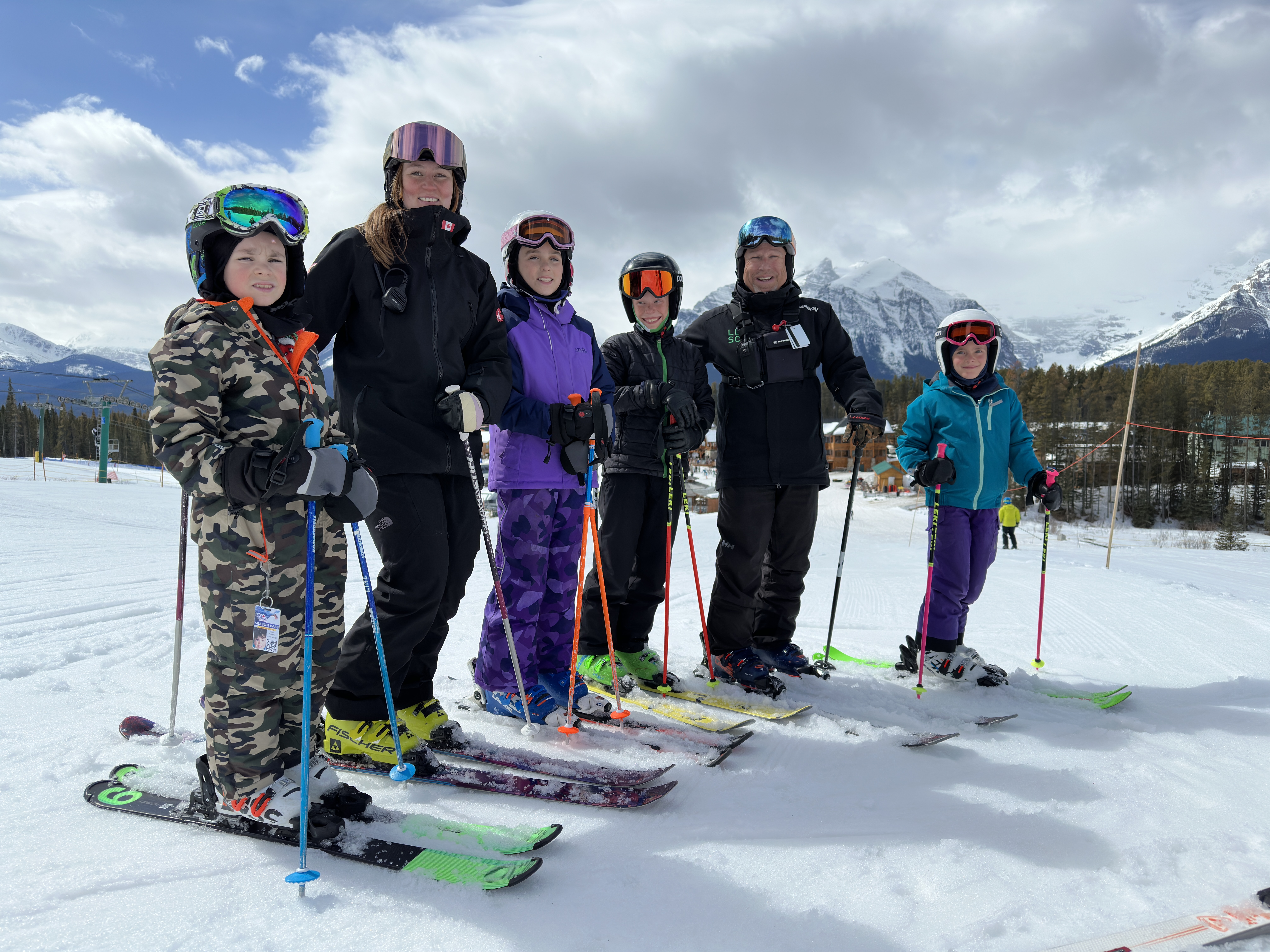
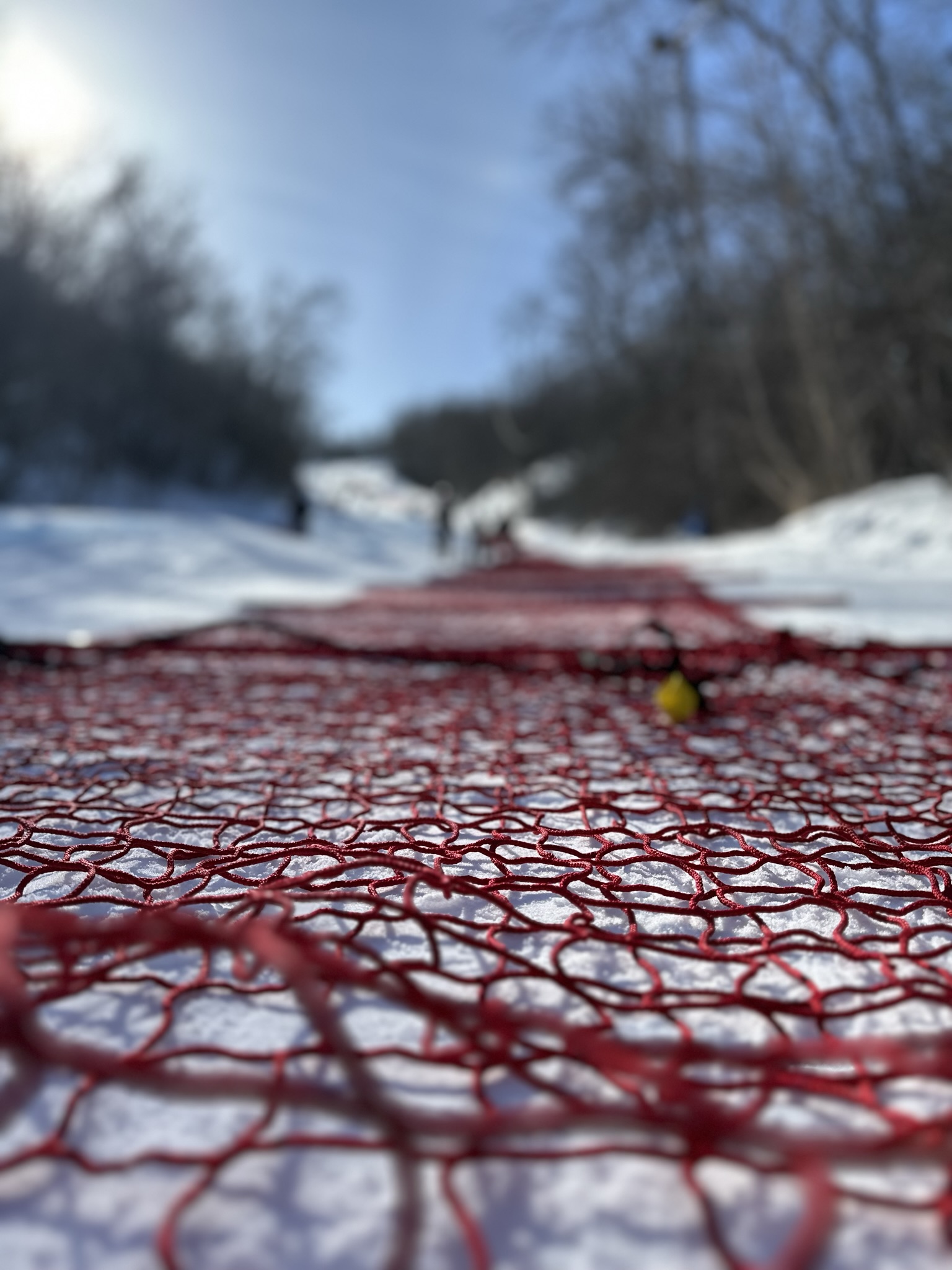
.jpg)
